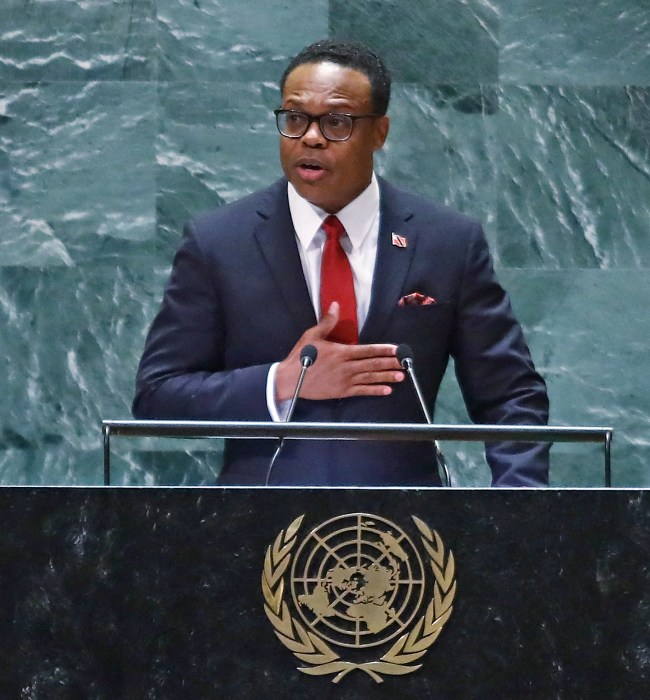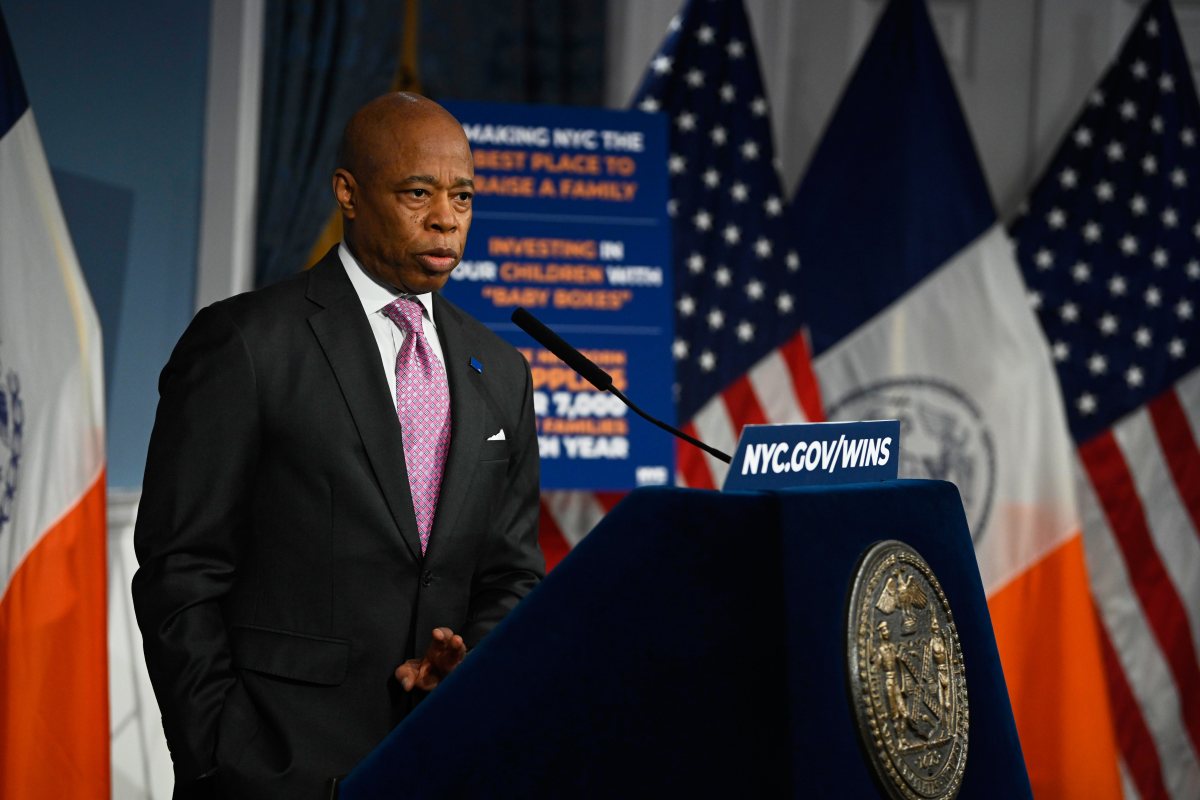An opinion piece which I happened to glance recently in a Caribbean newspaper focused on Cuba and the historic re-establishment of U.S.-Cuba diplomatic ties, but wasted no time characterizing Fidel Castro as a “revolutionary to morons everywhere.”
The writer would surely not lack for company in such acid denunciation of Castro. Here in the U.S. they’re chock full of folk ready to climb aboard that bandwagon.
If, through some peculiar commingling of circumstances in the 2016 election, either Ted Cruz or Marco Rubio winds up being elected president, America would have a leader committed to undoing the rapprochement with Cuba, both guys sporting solid anti-Castro credentials. Ditto for the two Republican congressional sponsors of the Helms-Burton Act (former Sen. Jesse Helms, deceased, and former Rep. Dan Burton) who in 1998 got Congress to not only vote for continuation of the Cuban trade embargo, but make it more pernicious, when just about all of the rest of the world community realized the embargo had long outlived its usefulness.
But not everyone is of that backward-looking persuasion. Very much a factor in this sea change that has come about in the official U.S. attitude toward Cuba is that even the “stopper” that was the seemingly impregnable Cuban-American wall of resistance came, in time, to reveal serious cracks. The likes of Cruz and Rubio are no longer channeling the sentiment of, especially, the younger Cuban-American set, polling has shown. Hence, at the time of the opening for business last month of the United States embassy in Havana and the Cuban embassy in Washington, Secretary of State John Kerry reflected in a comment the enlightened view to which the U.S. arrived under the Obama administration, albeit so tardily behind the rest of the international community: “The interests of both countries are better served by engagement than by estrangement.” Even as he allowed that, differences remain.
Continued opposition in this country to any thaw in the relationship with Cuba is difficult to fathom, although such pushback typically originates from quarters whose unyielding objection to whatever smacks of “progressive” action we should by now routinely expect. Only, there’s hardly a whole lot progressive about putting an end to policy that was so unabashedly silly, as was already well established globally. If only on a humanitarian level — the fact that it was the Cuban people who were being unduly punished — America’s long-standing isolation of Cuba, beyond the period of the Cold War and Soviet posturing, has been inexcusable.
About the vilification of Castro that so many, like the aforementioned writer so freely engage in, it comes down as always, to the eyes of the beholder. The man has famously said that history would absolve him. For now, what we may reasonably posit as factual is a Cuban economy that leaves a lot to be desired and has left many in Cuba, particularly the poor, in bad shape — conditions that only worsened considerably with the dissolution of the Soviet Union.
At the same time, we also know that despite rough economic times, occasioned in no small part by the U.S. blockade, Cuba has maintained a high standard of education, as attested to by UNESCO studies. Cuba’s level of health care has also come in for much international commendation. Two important priorities, to be sure.
None of which is about to convince the average Westerner to trade places with Joe Citizen in Cuba. Still, as we’ve noted here before, perhaps nothing made a better case for caution in accepting “packaged” versions of the Cuban story than the case of young Elian Gonzalez in 2000. After all the defiance from Cuban-Americans in Miami to keep Elian on U.S. soil, after all the court wrangling, remaining here with his son or returning to Cuba with him was the father’s decision to make. His returning to Cuba obviously would have been a bonanza for the Castro government, and reason for some pause among us that maybe it’s not all the nightmare we’ve been studiously fed.
Those who continue to rail against any softening of tone in the relationship with Cuba frankly just need to get real. For starters, they’re persisting with the audacious proposition that even if the rest of the global family is overwhelmingly of one voice on this, it doesn’t mean squat, with an opposing U.S. view in the equation. It takes a certain amount of sicko mentality to be a proponent of that tripe. Turning the corner on Cuba was a step this country should have long ago had the courage to take. Folks blinded by hate should not be allowed the opportunity to halt progress.
























